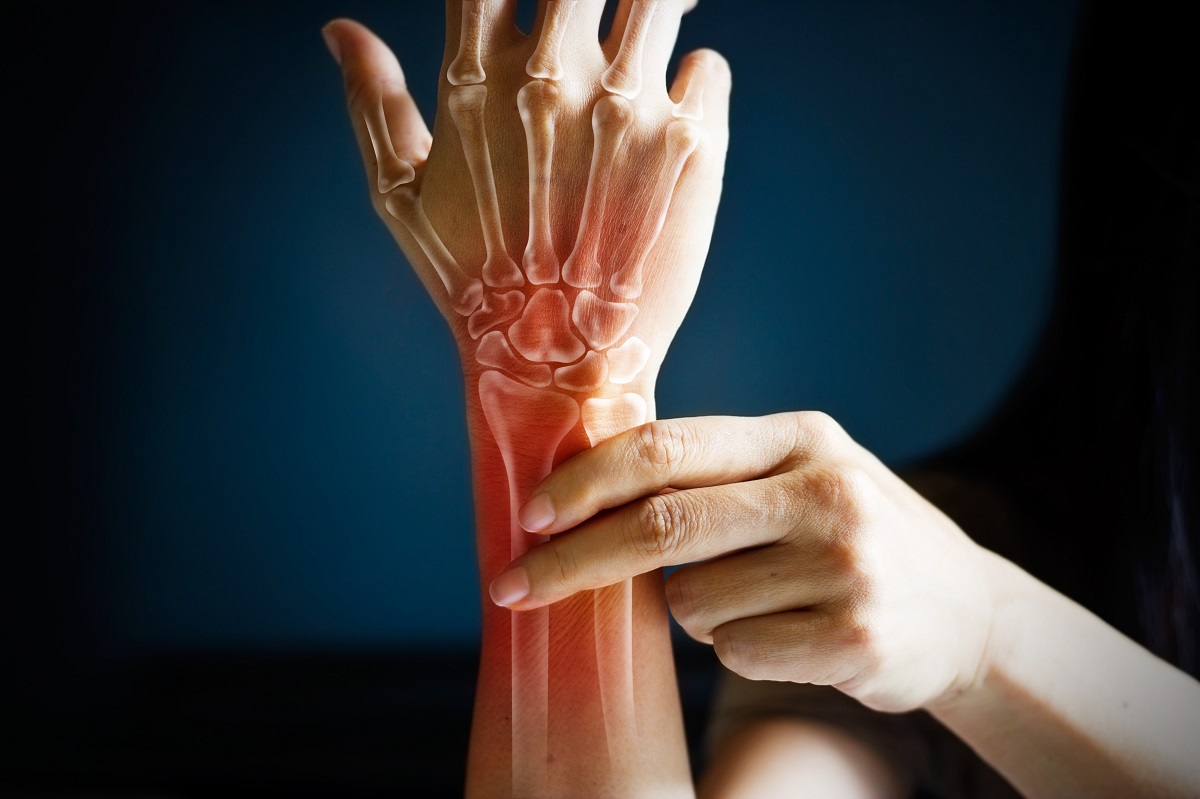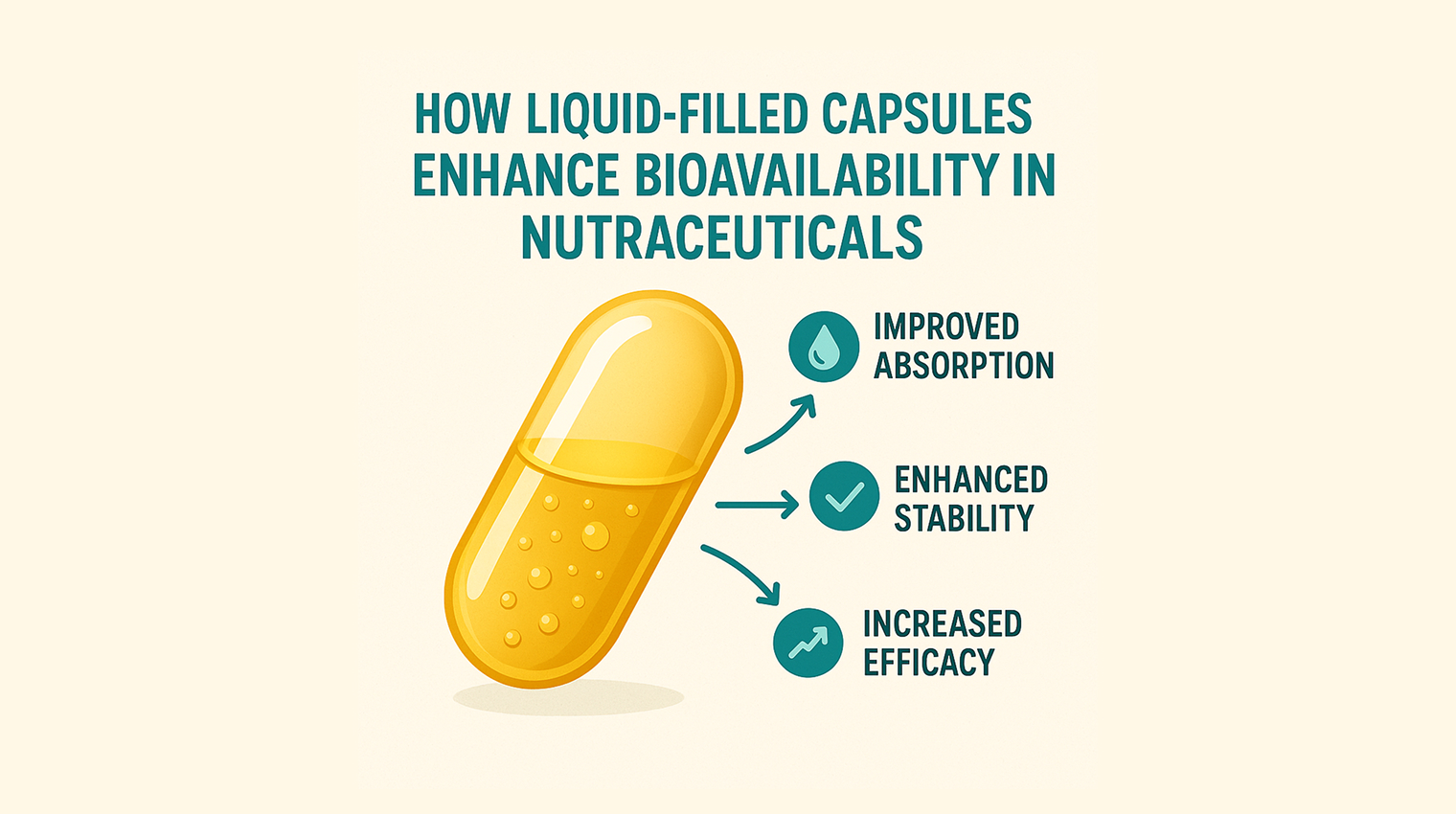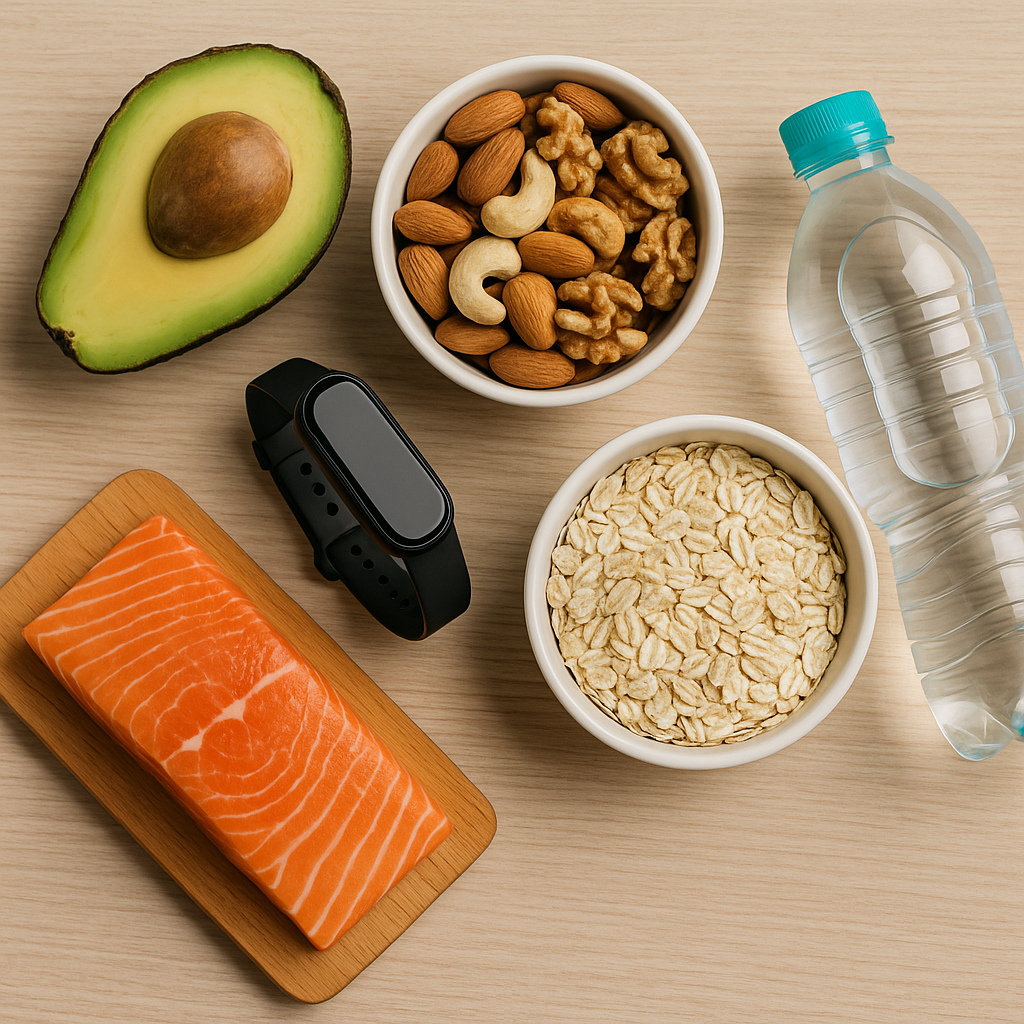“To thrive in life, you need three bones-a wishbones, a funny bone, and a backbone.” quoted Reba McEntire
Our body’s framework is composed of our skeletal system, which is made up of bones. They support the body, allow movement, and protect the internal organs (for example, the rib cage protects the heart, the skull keeps the brain safe from harm). With age, bone mass or density declines. In women, post menopause, a shift in estrogen levels causes bone loss whereas for men a drop in testosterone with age causes a similar effect. Bones undergo continual alteration throughout life due to absorption and development. Numerous changes occur to the bones, including weakening, calcification, and cartilage loss in the joints, which makes the bones brittle and prone to breaking. While not all bones are affected similarly by these alterations, the general tendencies are similar. Bone health is crucial for people of all ages, from growing children to the elderly. Approximately 1.5 million people experience a fracture each year as a result of a bone condition.
Good bone health can be maintained with the help of vitamins, minerals, and other dietary supplements. These supplements make the bones stronger and maintain their normal formation. Let’s take a look at some supplements for bone health and their benefits.
Calcium
One of the essential vitamins needed for healthy bones is calcium. Calcium is crucial for maintaining bone health throughout a lifetime. Hormones regulate the formation of bones as well as help maintain blood levels of calcium. If a person is deficient in calcium, the parathyroid hormone causes breakdown of bone tissue to maintain calcium levels in the blood. When calcium levels in the blood are high, the thyroid gland releases a hormone with the opposite effect, maintaining the balance of calcium. Thus, calcium supports bone development, but this process is dependent on various factors.
An individual consuming a wholesome diet can easily meet the daily calcium requirements. However, because the absorption of calcium is dependent on other factors such as food source, competition with other minerals for absorption, Vitamin D level, hormonal status etc. individuals may require to supplement their diet. On an average, one should consume 1000 mg of calcium per day. Calcium is best absorbed by the body in divided smaller doses of 200 to 300 mg. Therefore, smaller doses at divided time periods in the day is better absorbed than a mega dose of a calcium supplement. All foods have calcium in varying degrees but it is most concentrated in dairy products, nuts and seeds as well as green vegetables.
Vitamin D
In addition to boosting the intestinal absorption of calcium, magnesium, and phosphate, vitamin D is a class of fat-soluble vitamins that is another essential supplement for bone health. These elements together are essential for bone building. Deficiency of Vitamin D causes Rickets. Sunlight is a natural source of vitamin D. Due to a sedentary lifestyle, air conditioning use, skin colour, application of creams/sunscreens, today’s generation does not get enough sun exposure. Children under one year old should get 400 international units (IU) of vitamin D per day, while 600 IU per day is recommended for children and adults. But it isn’t easy to meet these needs daily; therefore, supplements can fulfil the essential requirement. In supplements, Vitamin D3 (plant and animal origin) is better absorbed in the body than Vitamin D2 (plant source).
Magnesium
Magnesium is one of the important minerals for good bone health. Magnesium is important for calcium absorption. Magnesium is known to stimulate a hormone called calcitonin that is known to help move the calcium from the blood to the bones. Apart from supporting bone function, Magnesium is a co-factor for multiple processes in the body. Its deficiency has been associated with osteoporosis, stroke, or high blood pressure. Some of the food sources of Magnesium are whole grains, legumes, pulses, greens nuts and seeds. An ideal intake of magnesium for men is 440 mg/day and that for women is 370 mg/day.
Vitamin K
Besides playing a role in the coagulation of blood, vitamin K reduces fracture rates and can increase bone mineral density in osteoporotic people. Further, there is evidence in human intervention studies that vitamins K and D, a classic in bone metabolism, work synergistically on bone density. By attaching calcium and other minerals to the bone, vitamin K supports the development of strong bones. A daily intake of 55 mcg of vitamin K is advised.
Isoflavones
A subclass of flavonoids, commonly found in soya, known as isoflavones has anti-inflammatory, anticancer, antibacterial, and antioxidant effects. According to certain studies, isoflavones promote osteoblastic bone growth and prevent osteoclastic bone resorption. By substituting soya protein for animal protein in the diet, isoflavones included in soya foods may help indirectly improve bone strength. A maximum intake of 200 to 300 mg per kg body weight is desirable in the supplement form.
Boron
Boron is an essential nutrient that can encourage healthy bone growth and development. It also regulates the levels of minerals like calcium, phosphorus, and magnesium favourably and works in conjunction with vitamin D. Low Boron levels sometimes causes depletion of calcium. Food sources of boron include fruits, beans and dry fruits. An ideal intake of boron as per WHO is 1 to 13 mg/day through diet and supplements.
Novel Functional supplements for bone health
Some unique functional supplements aid in maintaining good bone health.
- Boswellia extract is known to curb inflammation in bone and joint conditions. It is also known as Indian frankincense and is a herbal extract. Research suggests that 300 to 500 mg per day is an effective dosage.
- Resveratrol promotes the formation of bone by increasing osteoblast activity. It has specially found to be useful for post-menopausal women. It is associated with preventing bone loss and maintaining bone density. A dose of 250 to 500 mg per day has shown to have benefits.
- Hyaluronic acid helps joints to move smoothly like a well-oiled machine. The range for this supplement can be 80 to 300 mg daily.
- Collagen is a protein that provides structural support to tissues and bones. One requires only 40 mg per day of type II collagen to ensure bone health.
- Chondroitin can prevent cartilage from breaking down, stimulate its repair mechanisms, and significantly reduces pain in osteoarthritis. Studies suggest a dose of 800 to 2000 mg per day to support bone function.
- Curcumin, an extract of Turmeric, plays a significant role in arthritis due to its anti-inflammatory properties. A dose of upto 500 mg is considered effective.
- The body uses glucosamine to create other compounds that help to form cartilage, ligaments, tendons, and the fluid around joints. The fluid and cartilage around the joints act as cushions. Consuming glucosamine may boost the cartilage and fluid around joints and aid in preventing their deterioration. An ideal dose would be 1500 to 3000 mg per day.
Tips to maintain and improve bone health
- Besides taking bone health capsules/supplements, one must exercise daily and stay active to improve bone mass.
- A walk for a mile is always good.
- Wearing proper footwear when you are young prevents the bone of your knee joint from getting undue pressure.
- Yoga is always beneficial as it enhances muscle and bone strength while improving balance and posture.
- Avoid substance abuse.
- Consume a wholesome diet and supplement as required.
- Maintain good posture while working along hours in a sedentary job.
Conclusion
Your bone health directly reflects your how well your body has been nourished through the years. A balanced eating regimen that includes the right amounts of calcium, additional supplements, and exercise, will help make your bones stronger.
References
- Calcium Fact Sheet for Health Professionals https://ods.od.nih.gov/factsheets/Calcium-HealthProfessional/#en1.
- Institute of Medicine. Dietary Reference Intakes for Calcium and Vitamin D. Washington, DC: The National Academies Press; 2011.



